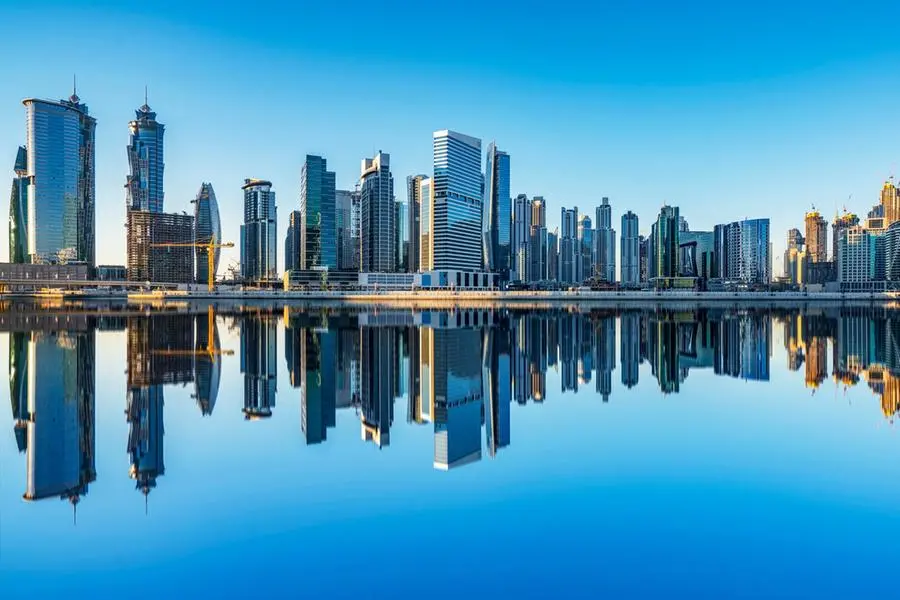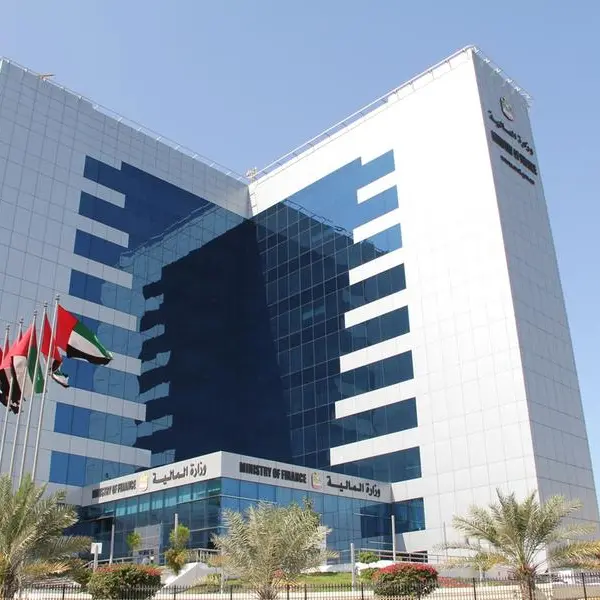PHOTO
Dubai’s non-oil private sector expanded strongly in December, driven by a rapid increase in new orders as firms benefited from a strong demand from tourism and the relaxing of COVID-19 measures, according to a business survey released on Tuesday.
However, inflationary pressure from higher raw material costs and energy prices puts pressure on firms' margins. Moreover, uncertainty about the pandemic led to a fall in optimism for 2022.
The seasonally adjusted IHS Markit Dubai Purchasing Managers' Index (PMI) rose to its highest level in 30 months to 55.3 in December, up from 54.5 in November, well above the 50 mark that separates expansion from contraction. The survey covers the Dubai non-oil private sector economy, with additional sector data published for travel & tourism, wholesale & retail and construction.
"Dubai's PMI continued to signal strong growth in the non-oil private sector at year-end, with the Expo 2020 and a general improvement in demand helping to lift the economy further out of its pandemic-induced downturn,” said David Owen, economist at IHS Markit.
New order volumes picked up robustly; the rate of growth was the quickest seen since July 2019, and back in line with the trend for the series which began 12 years ago, the report said.
At a sector level, travel & tourism continued to lead the way in terms of sales growth, closely followed by wholesale & retail. New work at construction firms rose at the fastest rate since February but was still well behind the other two categories.
The December data also pointed to an expansion in employment, which while modest was one of the strongest recorded since the start of the pandemic
With firms also noting higher energy prices, the rate of overall input price inflation accelerated sharply to the highest since March.
Whilst input costs rose, average prices charged by non-oil firms dropped for a sixth month running. The pace of decline, however, slowed to the weakest since July.
Outlook for the new year dipped on uncertainty as to how the Omicron variant would impact new business and travel.
"Fears of the Omicron variant and potential disruption to travel meant that firms were less upbeat about future prospects in December. In fact, just 12 percent were confident of growth over the coming year," said Owen.
(Reporting by Brinda Darasha; editing by Seban Scaria)
Disclaimer: This article is provided for informational purposes only. The content does not provide tax, legal or investment advice or opinion regarding the suitability, value or profitability of any particular security, portfolio or investment strategy. Read our full disclaimer policy here.
© ZAWYA 2022





















